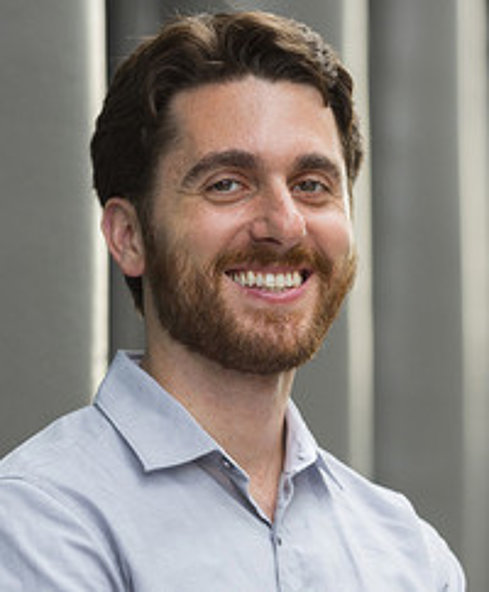2016 Winner Gilad Evrony, M.D., Ph.D. Harvard Medical School / Boston Childrens‘ Hospital and Mount Sinai Hospital

Gilad Evrony received his bachelor’s degree in Brain and Cognitive Sciences from the Massachusetts Institute of Technology where he worked with Professors Robert Langer and Robert H. Brown to create a nanoparticle system to deliver therapeutics to the brain. During his undergraduate studies he took leave to serve in the Intelligence Division of the Israel Defense Forces. He then completed medical school and graduate studies at the Harvard Medical School in a combined MD PhD program as a Louis Lange Translational Research Scholar. There he studied with Professor Christopher A. Walsh at Boston Children’s Hospital, developing new genomics technologies revealing previously unseen mutations in normal and diseased brains. He is currently pursuing a pediatrics residency at the Mount Sinai Hospital in New York and continuing research focused on developing new technology paradigms for studying the human brain and neuropsychiatric diseases.
One Brain, Many Genomes
Genetic mutations are responsible for an enormous burden of disease, but how many and what kinds of mutations occur in our bodies and brains as we develop and age has been unknown. Gilad Evrony developed single-cell genomics and bioinformatics technologies under the mentorship of Dr. Christopher Walsh that revealed that a remarkably broad array of somatic mutations occur in every brain cell during the development and lifetime of an individual. This discovery of genetic heterogeneity in the brain carries broad implications for brain function. Dr. Evrony was part of a team in the laboratory of Dr. Walsh that identified the first brain disorders caused by such brain-specific mutations. The single-cell sequencing methods developed by Dr. Evrony and colleagues have also been leveraged as a powerful new tool to study brain development by allowing the first reconstruction of developmental lineage trees and the first non-invasive method to trace the proliferation and migration of cells in the developing human brain, revealing that the brain is a remarkable patchwork of focal mutations. These discoveries promise to further our understanding of how genetic variability may impact the brain and have inspired further research into the potential role of somatic mutations in normal brains and neurologic diseases whose causes are unknown.
For Dr. Evrony‘s full essay, see Science online at sciencemag.org.
2016 Finalists
Anna Beyeler, Ph.D.
Arjun Krishnaswamy, Ph.D.
